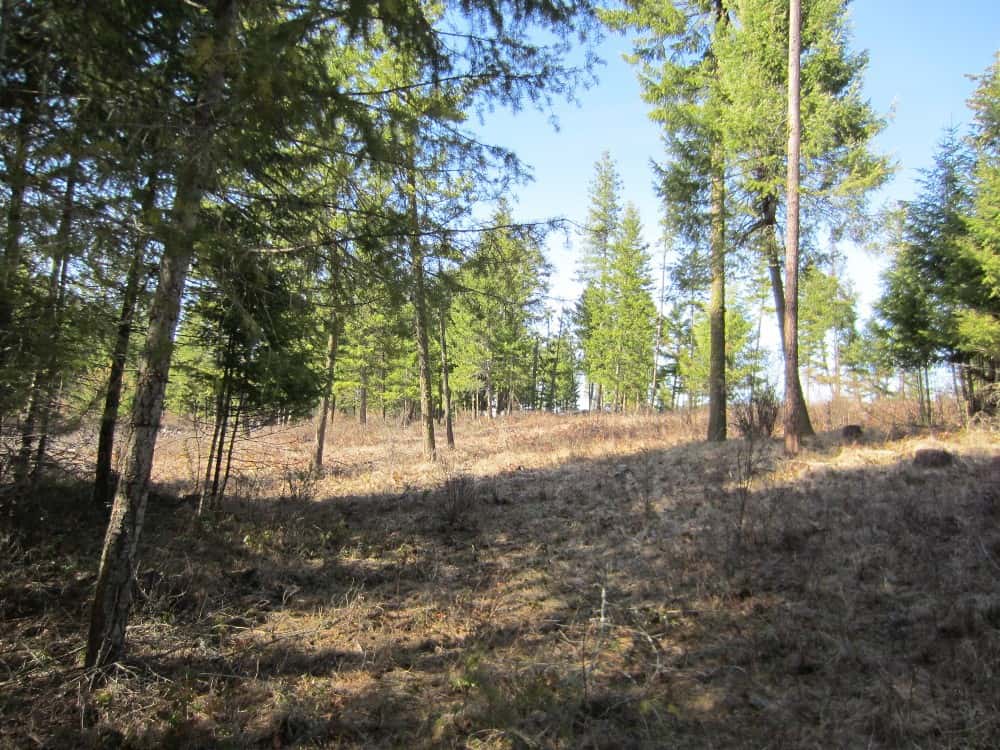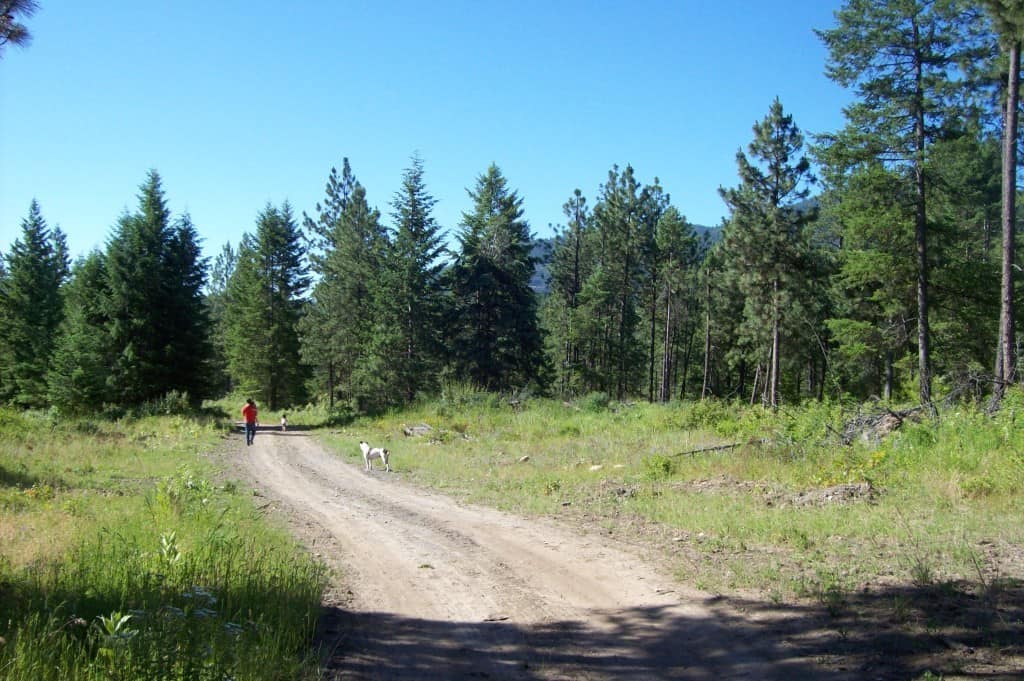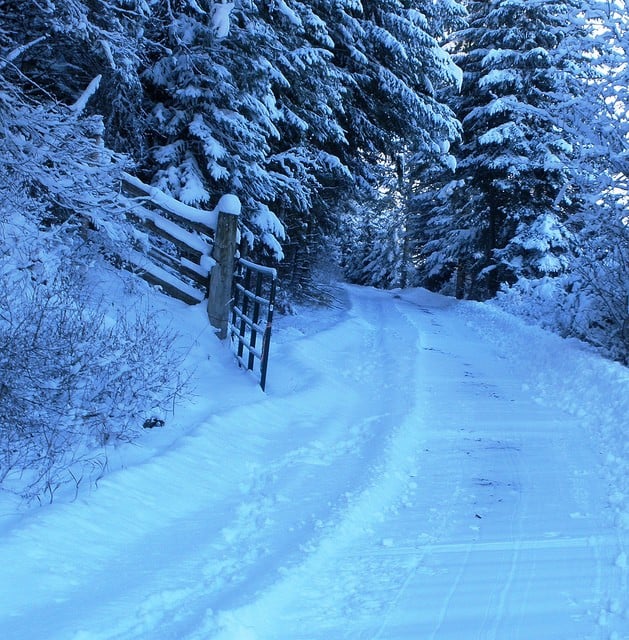Off-Grid Living – Almost everyone has seen the reality shows that showcase how to live off the land and surviving outdoors. The majority of us look at those and think there’s no way we’d be able to do that.
Living off the land is definitely no easy task, and would certainly be a huge life adjustment to have to adapt to. So if you’re thinking about this lifestyle, really take the time to do your research on it.
When you hear the phrase “living off the grid” what’s the first thing you think of? Most people think of trying to survive in the freezing cold, living in a tent, being several miles away from civilization, and fending off bears.
It’s common for people to think that because not too many people know exactly what off-grid living actually is. It doesn’t necessarily mean surviving the outdoors.
Off-Grid Living
“The grid” is a common phrase used to describe the power grid. The power grid is a system that sends electricity to every structure connected to it.
The term “grid” has expanded to encompass other utilities and is what keeps homes and businesses connected to power, water, gas, and phone line access.
Going off the grid removes access to those utilities. You are creating your own power/energy, living without relying on the luxuries of technology. In essence, it means being completely self-sufficient.

If you think about it, what did the early settlers do? They knew how to “live off the grid.” Do you know why? Because there was no grid to live off of!
They didn’t have emergency radios to prepare them for when bad weather was coming. They just had to live through it as situations occurred. Living off the grid was their way of life.
We have been spoiled! With all the advances in technology, the thought of giving that up is unheard of. However, the fact that living off the grid is becoming more and more popular, it has to at least spark your interest a little bit.
It has to at least make you wonder why people choose that lifestyle. Is it financially smart, or do they just love nature THAT much? Well, living off the grid is not as easy as it may seem. You can’t just leave your home and pitch a tent in the middle of nowhere. It takes lots of planning.
If you’re one who is seriously considering off-the-grid living, then there are some basic essentials you will need to survive.
Shelter/Safety
In the minds of most people, going off the grid means sleeping under the stars. Some people really do sleep out in the open, but you have to be a little realistic here.
You need to have some type of shelter to protect you from the elements of nature. You can opt for a small log cabin, tiny house, RV, or even a yurt.
Now keep in mind, it’s not going to be like a real home with all the luxuries you’ve grown accustomed to. The key to finding shelter for this lifestyle is small. If your shelter is small, it’s easier and less time consuming to heat up.
You also want to check to see if there are any laws or regulations you may have to follow that could potentially prevent you from making this change in living arrangements.
Outdoor Wood Furnace Review and Guide

Off-Grid Food Source
How to get your source of food might be the hardest part of off-the-grid living. You can’t just run up the road to your local Kroger or Publix. No, you have to work for your food with this lifestyle.
Nowadays, you can’t really survive off the land just by eating berries, plants, nuts, and wild game. You run too high of a risk eating something poisonous. It’s also jut not that plentiful as it was in past generations.
A safe way to self-provide your sources of food is to grow your own garden, and invest in livestock. Growing your own fruits and vegetables minimizes the poison concern. Learn to compost to add richness to your garden.
The goal with livestock is to produce your own milk and cheese from them, and then breed them to produce sources of meat.
Waste Removal
Failure to dispose of bodily wastes can be very toxic to not only yourself but also to the environment. It can cause several diseases such as intestinal worms and cholera.
Outdoor toilets are popular among those “roughing it,” but living off the grid is also about utilizing every resource you have, so people also will take their bodily wastes and compost it with a composting toilet.
From there, you can take that compost and use it to fertilize your garden. But be sure to do your research on how to properly compost human wastes.
Human wastes can even be used as a source of fuel to heat your little home.
Learn about composting toilets. The whole process of composting toilets may sound complicated, but just know when it comes to removing waste, nothing goes to waste!
Off-Grid Water
Having clean drinking water is essential to living off the grid. Before you decide where you want to live, you need to make sure that a reliable water source is nearby. Setting up a rainwater harvesting system for your homestead will help you achieve this.
Yes, being out in nature, you would think that there would be several sources of water via lakes, ponds, rivers, and even rain, but even those sources can be full of bacteria and can make you very sick. Those living off the grid will dig water wells or harvest rainwater.

Transportation Living Off-Grid
Just like everything else with living off the grid, the way you get around will be very minimalist and simple. Depending on where you live, you may consider in boats, canoes, tractors, and horses.
The most common mode of transportation is by foot. Walking to get to a location definitely takes time and energy, but it certainly is free. Another mode to get you where you need to go is bicycling. Cycling is definitely a lot more convenient than walking, and it gets you to your destination in a quicker time frame.
For those times where you have to get back to civilization, cycling typically isn’t a common form of transportation used in cities, so you want to be especially careful when cycling in town.
Accidents happen all the time, so for those occasions that you do have to go into town for something, you want to, of course, be careful, but you also want someone who will help in case an emergency does occur.
The important thing with off-grid traveling is safety. Bicycles have none of the fancy safety features that newer model cars do, so just mindful.
Off-Grid Power
Last but not least is considering your power source. This is the most important aspect of off-grid living because the whole point of off-grid living is to produce your own source of energy.
There will need to be a source of power to cook food and warm up your home. People adapting to this lifestyle utilize natural resources such as wood to produce heat and fire for cooking.
Luckily with the advancements in technology, people can now opt for solar panels, wind turbines, and inverter generators.
These particular power sources are not cheap and can be quite expensive to install. Therefore, make sure you do your research on which power option is best for you, and which one can fit into your off-the-grid budget.
Keep in mind not just the purchase price, but also the costs of maintenance on the electrical and mechanical parts of the power source.
Surviving Outdoors
You can live off the grid. Remember, it’s not something you have to do all at once. You can take steps to begin off-grid living in one way and add on the others as you are successful.
Fostering a lifestyle like this means you will likely spend more time outdoors, cultivating a more sustainable lifestyle.

